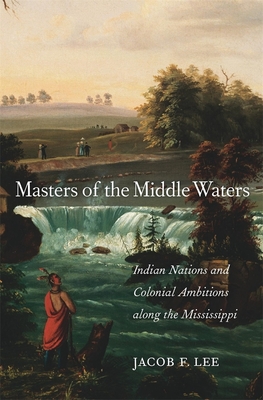Expedite your nonfiction book discovery process with Readara interviews, summaries and recommendations, Broaden your knowledge and gain insights from leading experts and scholars
In-depth, hour-long interviews with notable nonfiction authors, Gain new perspectives and ideas from the writer’s expertise and research, Valuable resource for readers and researchers
Optimize your book discovery process, Four-to eight-page summaries prepared by subject matter experts, Quickly review the book’s central messages and range of content
Books are handpicked covering a wide range of important categories and topics, Selected authors are subject experts, field professionals, or distinguished academics
Our editorial team includes books offering insights, unique views and researched-narratives in categories, Trade shows and book fairs, Book signings and in person author talks,Webinars and online events
Connect with editors and designers,Discover PR & marketing services providers, Source printers and related service providers

Masters of the Middle Waters: Indian Nations and Colonial Ambitions Along the Mississippi
History > United States - Colonial Period (1600-1775)
- Belknap Press
- Hardcover
- 9780674987678
- 9.3 X 6.1 X 1.4 inches
- 1.6 pounds
- History > United States - Colonial Period (1600-1775)
- (Single Author) Asian American
- English
Readara.com
Book Description
A riveting account of the conquest of the vast American heartland that offers a vital reconsideration of the relationship between Native Americans and European colonists, and the pivotal role of the mighty Mississippi.
America's waterways were once the superhighways of travel and communication. Cutting a central line across the landscape, with tributaries connecting the South to the Great Plains and the Great Lakes, the Mississippi River meant wealth, knowledge, and power for those who could master it. In this ambitious and elegantly written account of the conquest of the West, Jacob Lee offers a new understanding of early America based on the long history of warfare and resistance in the Mississippi River valley.
Lee traces the Native kinship ties that determined which nations rose and fell in the period before the Illinois became dominant. With a complex network of allies stretching from Lake Superior to Arkansas, the Illinois were at the height of their power in 1673 when the first French explorers--fur trader Louis Jolliet and Jesuit priest Jacques Marquette--made their way down the Mississippi. Over the next century, a succession of European empires claimed parts of the midcontinent, but they all faced the challenge of navigating Native alliances and social structures that had existed for centuries. When American settlers claimed the region in the early nineteenth century, they overturned 150 years of interaction between Indians and Europeans.
Masters of the Middle Waters shows that the Mississippi and its tributaries were never simply a backdrop to unfolding events. We cannot understand the trajectory of early America without taking into account the vast heartland and its waterways, which advanced and thwarted the aspirations of Native nations, European imperialists, and American settlers alike.
Author Bio
I specialize in the history of early America and the American West. My current book project, tentatively-titled Rivers of Power: Indians and Colonists at the Crossroads of America (under contract with Harvard University Press), combines social and environmental history to present a new view of colonialism in early America.
Rivers of Power embeds intertwined Native and imperial histories in the physical landscape of Middle America, a vast region encompassing much of the central Mississippi River valley. In the centuries between the collapse of the ancient metropolis of Cahokia around A.D. 1300 and the rise of the imperial United States in the early 1800s, power flowed through the kinship-based alliances and social networks that controlled travel and communication along the many rivers of the midcontinent.
Drawing on a range of English-, French-, and Spanish-language sources, as well as ethnographies, oral histories, and the archaeological record, this book reveals the power of personal relationships and the environment to shape the course of empires and nations.
Source: Indiana University Bloomington Department of History
Videos
No Videos
Community reviews
No Community reviews

